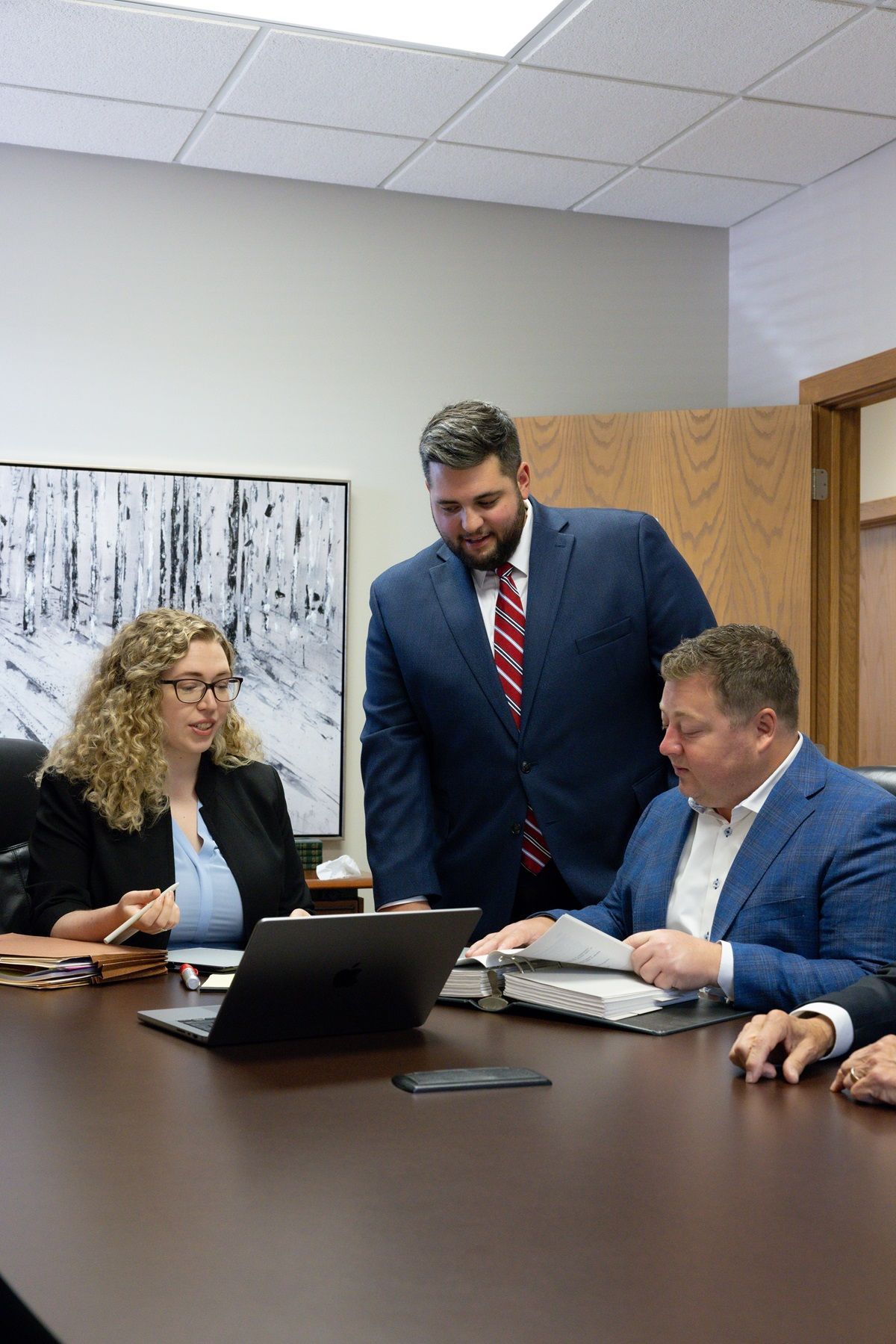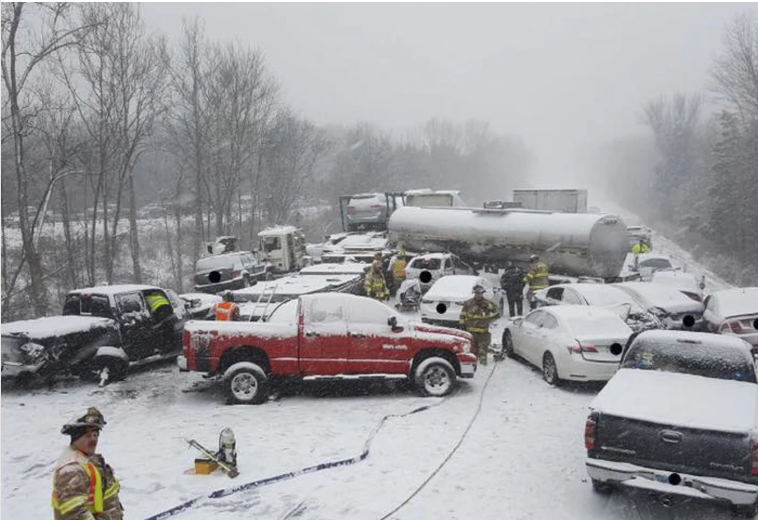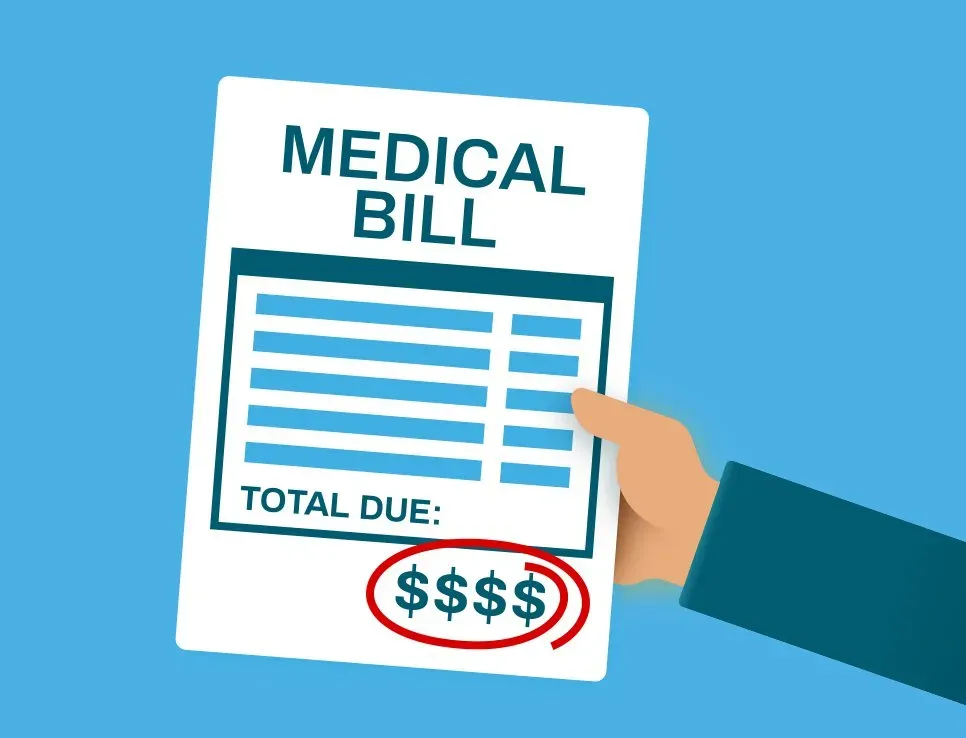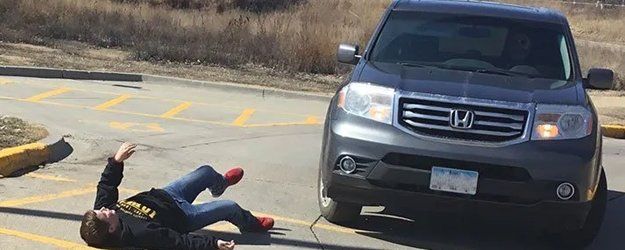Why Acting Fast After a Motorcycle Crash Matters More Than You Think
7016408197 • June 8, 2025
Why Acting Fast After a Motorcycle Crash Matters More Than You Think
Crazy things happen on Iowa’s roads. One second you’re riding your motorcycle—cautious, alert, and following the rules—and the next, an SUV cuts you off and knocks you to the ground. It happens fast. But what happens after can change everything.
Motorcycle crashes are often severe. But what many riders—and their families—don’t realize is how quickly critical evidence can disappear after a wreck.
Why Time Is Not on Your Side After a Motorcycle Accident
⚠️ Evidence disappears. Surveillance footage can be overwritten. Skid marks fade. Road debris gets cleared.
👀 Witnesses forget. The longer you wait, the harder it is to track down people who saw what happened—and even if you do, their memories may fade or become unreliable.
🕒 Deadlines matter. In Iowa, you generally have two years to file a personal injury claim—but the sooner you act, the stronger your case.
That’s why it’s crucial to contact a motorcycle accident attorney in West Des Moines right away. At LLDDC Law, we launch an immediate investigation to preserve what matters most: your rights, your recovery, and your future.
What We Do After a Crash
Our team at LLDDC Law gets to work fast:
- Collecting and securing any available camera footage
- Interviewing witnesses while their memory is fresh
- Working with accident reconstruction experts
- Gathering your medical records and treatment plan
- Handling all communication with insurance companies
And most importantly—we fight to get you full and fair compensation for your injuries, lost wages, pain and suffering, and future needs.
Don’t Wait Until It’s Too Late
If you or a loved one has been injured in a motorcycle crash—especially one caused by another driver’s recklessness—call us today. The consultation is 100% free, and there’s no fee unless we win your case.
📞 Reach out to LLDDC Law, your trusted motorcycle accident attorneys in West Des Moines.
🛵 We’re on your side—so you can focus on healing while we handle the fight.

Personal Injury: Dealing with Insurance Company Surveillance in Des Moines, IA and Surrounding Areas
Learn why insurance companies use surveillance after an accident and how it can impact your case. Talk to trusted Des Moines injury attorneys at LLDDC Law—free consultation, no fee unless we win.







Share On: